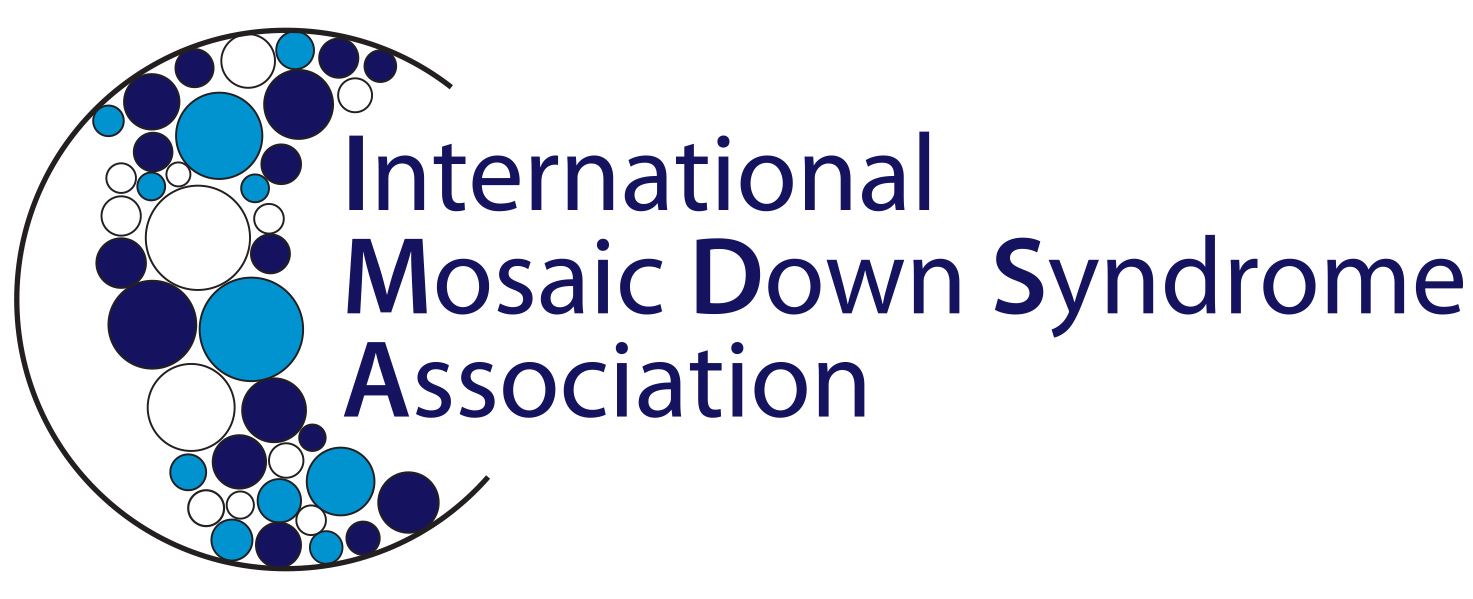Longitudinal Study for Mosiac Down Syndrome
Researcher Team Leader: Colleen Jackson-Cook, PhD
Email: colleen.jackson-cook@vcuhealth.org
Phone: 1-804-628-2992
Study Description
The goal of this research is to better understand the health and development problems people with
mosaic Down syndrome or Down syndrome might experience. In this study, we will compare biological patterns
and health traits from people of different ages. We will also compare patterns from the same person over time (for
example, at age 1 and age 5; or age 5 and 20, etc). We are especially interested in collecting new specimens and
data from people who have previously participated in our study.
What will I do if I participate in this new longitudinal (follow-up over time) study?
1. Discuss questions/concerns you may have
2. Have your face, hands, and appearance reviewed by a genetics doctor
3. Complete a health and lifestyle questionnaire about you/your child
4. Provide photos of you/your child from infancy to their current age
5. Decide if you want to include your/your child’s data/specimens in a research repository and/or registry.
6. Have the inside of both cheeks rubbed with a toothbrush
7. Have blood collected (about 2 ½ tablespoons)
We expect that it will take about 45 minutes to complete the activities for this study. You can elect to
participate at an IMDSA Research and Retreat conference or participate remotely. If you are interested in joining,
we can discuss how the remote or on-site specimen collection processes work.
What will I receive from participating in this study?
1. A report of the percentage of trisomic cells present in the specimens you provide (blood and/or cheek)
2. A $30 gift card
How can I learn more about this study?
If you would like to learn more about this research project, you can contact Dr. Jackson-Cook via email or by
phone. She would be happy to tell you more about the project. She will also provide information about the study
at the IMDSA annual retreat.
Click the sign-up button below to email Dr. Jackson-Cook to alert her that you are interested in participating.
This research project is supported by the Eunice Kennedy Shriver National Institute of Child Health & Human
Development of the National Institutes of Health under Award Number R01HD111943.

